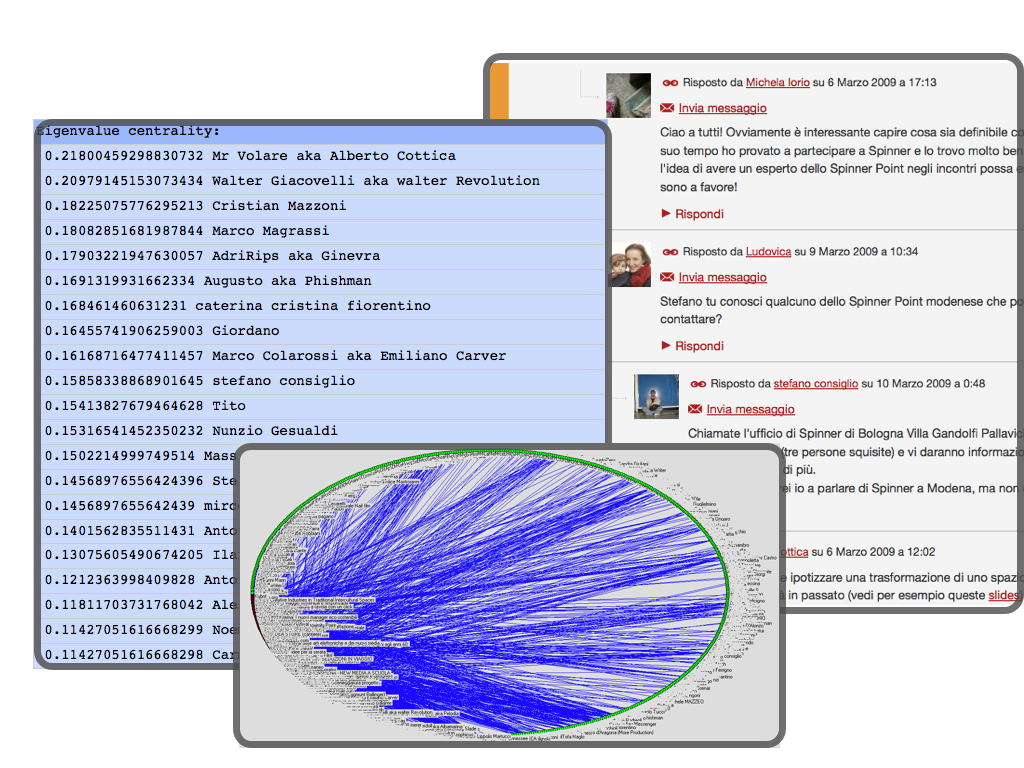In un post molto efficace – e che vince il premio per il miglior titolo: Hacking the European Commission – David tira le somme di Public Services 2.0, e si dichiara soddisfatto. Il workshop era proprio giusto: autogestito, ma non caotico; franco e diretto, ma non gratuitamente polemico; ad alta intensità di tecnologia, ma non esoterico. Di conseguenza, molti funzionari di rango elevato della Commissione ne hanno percepito la novità, ma senza per questo considerarlo strampalato o minaccioso.
David, Lee, Dominic e Justin hanno costruito un ponte tra la Commissione e il mondo del web 2.0. A questo risultato abbiamo contribuito tutti noi, ma un merito particolare va attribuito a David, che ha passato anni a Bruxelles, ha lavorato per la Commissione stessa e ne conosce bene linguaggi e logiche. Proprio questa conoscenza gli ha permesso di mettere in piedi un formato così efficace. Nessuno di noi ne sarebbe stato capace.
Ci vogliono gli innovatori, quelli che gli americani chiamano trailblazers. Ma in fondo non ce ne vogliono poi così tanti: la nostra capacità di migliorarci in quanto società non sembra limitata tanto dalla capacità di produrre innovazione, quanto da quella di assorbirla e metterla a sistema. Le persone come David, che si impegnano per tradurre le cose, portandone il significato profondo ad attraversare i linguaggi, le pratiche, i sistemi di pensiero: queste persone sono importanti perché costruiscono ponti, allargano strettoie, sbloccano ingorghi e permettono alle idee di diffondersi sempre più lontano.
E a proposito di costruire ponti, è stata molto bella l’esperienza dell’endorsement istituzionale di Kublai. Ne racconterò presto.
